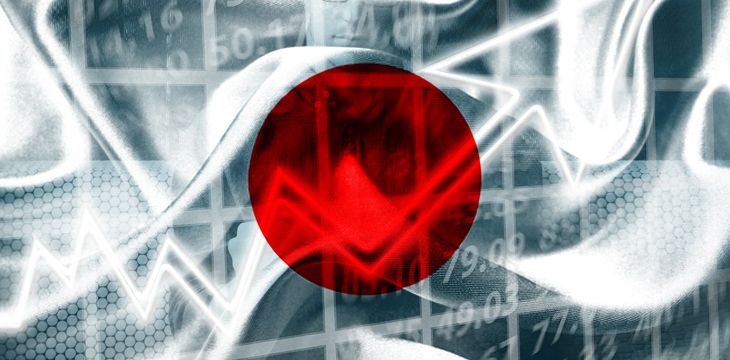|
Getting your Trinity Audio player ready...
|
The Financial Service Agency (FSA) has warned Japanese citizens against investment advice coming from unregistered companies.
【情報募集】国の登録を受けずに投資助言等のサービスを行う業者を、インターネットで見かけたりSNS等で勧誘され被害にあった場合は、無登録業者の名称、経営者名、連絡先やサービスの具体的な内容を金融庁までご連絡ください。https://t.co/LjlBa1q5U1#投資 #副業 #在宅ワーク #バイナリー #FX
— 金融庁 (@fsa_JAPAN) June 3, 2020
“If you find a business that offers services such as investment advice without registration in the country [Japan] on the Internet or if you are solicited by SNS etc. Please contact the Financial Services Agency about the specific details of the service,” the regulator’s tweet read.
It has come to the FSA’s attention that some financial service providers located overseas were attempting to service Japanese customers via the internet, without actually registering their company in Japan.
“There are cases in which overseas resident companies who have not been registered under the Financial Instruments and Exchange Act are soliciting foreign exchange margin trading (FX trading) and securities investment by opening a Japanese website on the Internet,” according to the FSA’s official statement.
The FSA specifically calls out FX trading and securities offerings, however, the statement applies to digital currency exchanges as well.
Japan’s digital currency regulation
Since April 2017, Japanese laws require digital currency firms to register with the FSA and Japan’s Finance Bureau. The Japanese government has also provided an extensive amount of legal framework around the digital asset industries, and is considered to be one of the leaders when it comes to giving digital currency firms in their country guidelines regarding how they should operate.
Regardless of the law, Japanese digital currency exchanges, such as Coincheck, continue to be a target for hackers.
A hot spot for hackers
In 2018, Japanese exchange Coincheck was the victim of the biggest monetary theft of digital currency in history. Hackers stole 533 million worth of NEM tokens from Coincheck, which gave Coincheck the top ranking in regards to most funds ever stolen from a digital currency exchange. Before Coincheck was Mt. Gox, whose alleged hack in 2014 resulted in the loss of $340 million in digital currency.
Just a few days ago, Coincheck was the victim of a data breach. The company confirmed that hackers were able to gain access to Coincheck’s domain registry and subsequently stole 200 Coincheck user email addresses as well as the information those users may have sent in their emails to Coincheck.

 02-23-2026
02-23-2026 




